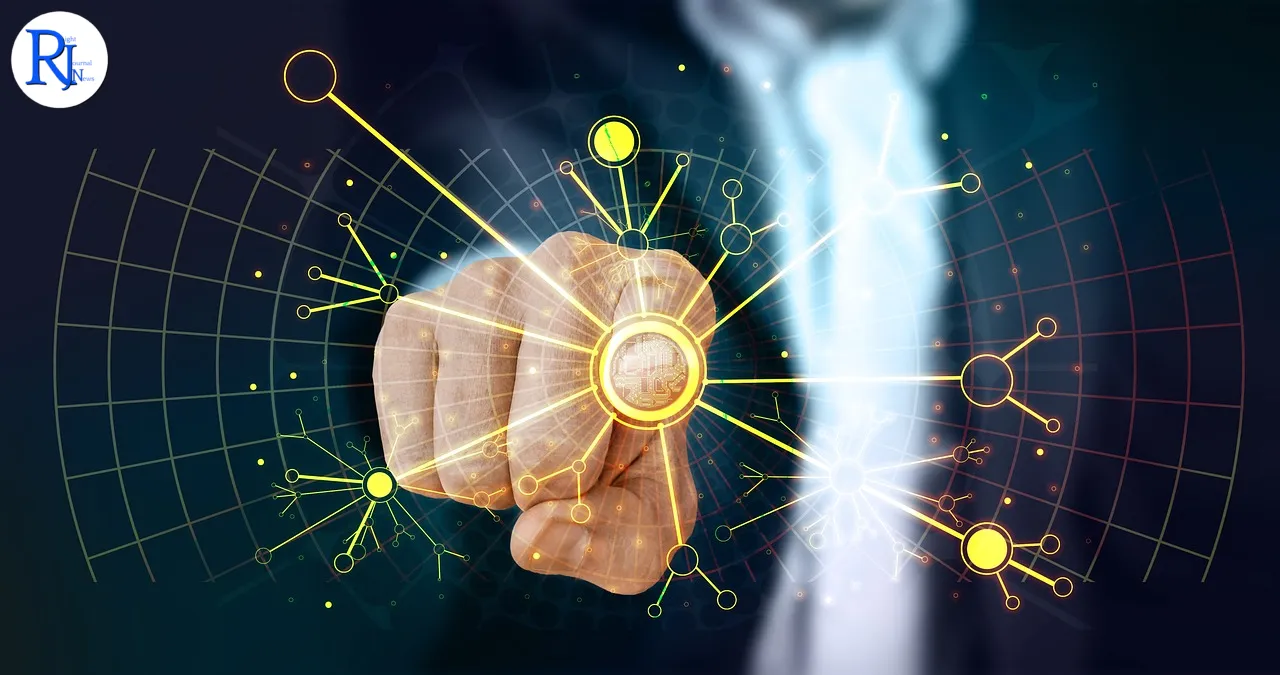Open source artificial intelligence (AI) is emerging as a transformative force in the tech industry, offering a potential solution to concerns about fairness and ethics in innovation. As tech giants continue to dominate the AI landscape, the open source model promises a more democratic approach, allowing wider participation and transparency. This movement is gaining momentum, with developers, researchers, and organisations rallying behind the cause to challenge Big Tech’s influence.
Emergence of Open Source AI
The development of open source AI is not a sudden occurrence but rather a gradual evolution influenced by the growing desire for transparency and collaboration. Open source projects like TensorFlow and PyTorch have laid the groundwork, enabling developers worldwide to contribute to and improve AI technologies. The timing is critical as AI becomes increasingly integral to various sectors, from healthcare to finance.
Recent events, such as the release of cutting-edge AI models by open source communities, highlight the timing of this shift. These models, developed collaboratively and made available freely, underscore the potential of open source AI to rival and even surpass proprietary systems. The movement is gaining traction as more stakeholders recognise the benefits of open collaboration and shared knowledge.

Transparency and Accountability
One of the most significant advantages of open source AI is transparency. Unlike proprietary systems, where algorithms are often black boxes, open source models provide visibility into their workings. This transparency fosters accountability, as developers can scrutinise, test, and improve the code, reducing the risk of biases and unethical practices.
Experts like Dr. Lucy Williams, a leading AI ethicist, emphasise the importance of transparency in AI development. “Open source AI allows us to see and address biases early in the process,” she notes. “This transparency is crucial for building systems that are not only effective but also fair and just.” By opening the development process, open source AI helps ensure that ethical considerations are not an afterthought but a foundational element.
Democratising Innovation
Open source AI also democratises innovation by levelling the playing field. Small companies, startups, and individual developers can access the same tools and resources as large corporations, fostering a more competitive and diverse ecosystem. This accessibility encourages innovation from unexpected quarters, breaking the monopoly of big tech firms.
The democratisation of AI innovation is exemplified by initiatives like Hugging Face’s Transformers library, which has enabled a wide range of applications from language translation to creative projects. By providing free and open access to powerful AI tools, these initiatives empower individuals and organisations to explore new ideas and solutions, driving progress across industries.
Community-Driven Development
The collaborative nature of open source AI is another key factor in its rise. Community-driven development allows for rapid iteration and improvement, as developers from around the world contribute their expertise and insights. This collective intelligence accelerates innovation and ensures that AI technologies remain relevant and adaptable.
The open source community’s commitment to collaboration is evident in projects like OpenAI’s GPT models, which have benefited from contributions from a diverse group of developers and researchers. This collaborative spirit not only enhances the quality of AI models but also fosters a sense of ownership and responsibility among contributors, further aligning development with ethical standards.
Challenges and Considerations
Despite its potential, open source AI faces challenges that must be addressed to fully realise its benefits. Security concerns, intellectual property issues, and the need for sustainable funding are some of the hurdles that open source projects encounter. Ensuring that open source AI remains secure and reliable requires ongoing vigilance and collaboration among stakeholders.
Furthermore, the open source model must navigate the complexities of intellectual property rights, balancing the need for openness with the protection of contributors’ innovations. Sustainable funding models are also essential to support the continued development and maintenance of open source projects, ensuring they can compete with proprietary alternatives.
Looking Ahead: The Future of Open Source AI
As open source AI continues to evolve, its impact on the tech industry and society at large is likely to grow. By championing transparency, collaboration, and accessibility, open source AI holds the promise of more ethical and fair technological advancements. The movement’s success will depend on the ability of stakeholders to address challenges and foster an environment where innovation thrives.
Looking forward, the potential of open source AI to drive positive change is immense. As more organisations and individuals embrace this model, the tech landscape could become more inclusive and equitable, reducing the dominance of a few major players. The journey towards ethical innovation is ongoing, and open source AI is poised to play a pivotal role in shaping a future where technology serves the greater good.

